Home » Treatments » Barbiturates Detox
Barbiturates Detox
- Cheree Ashley
- Medically Reviewed
Barbiturates Detox Program
Our goal at Bright Future Recovery is to create a safe, comfortable and nurturing environment during alcohol and drug detox. This helps minimize the impact of long term detox withdrawals (PAWS) and its associated symptoms. Our medical detox center is in Northern California, surrounded by green hills. Having a home-like environment during drug detox is crucial for healing the mind, body and spirit. Statistics have shown that people who receive medical treatment in a residential-like setting recover faster.
Have questions about our detox program? Please call us for a confidential consultation at (831) 245-1623 or contact us.
Detoxification from barbiturates is a lengthy process, as symptoms of withdrawal can persist for a prolonged period of time. Patients who are detoxing from barbiturates should be monitored closely by healthcare professionals in order to avoid a multitude of negative detox outcomes, such as damage to nerve cells, neurological issues, physical injuries as a result of convulsions, and even coma or death. Heavy users of barbiturates and those who have developed a high tolerance to barbiturates should never attempt to stop using them abruptly. While the use of barbiturates has lessened for the most part in medical settings, the use of barbiturates on the street has persisted.
Call Bright Future Recovery
Confidential Consultations and Insurance Verification
Detox | Residential Rehab | Relapse Prevention
We accept most insurance.
What is Detox and Barbiturates Abuse?
The Effects of Barbiturate Abuse on the Human Body
- Feelings of euphoria
- Mood changes
- An altered mental state
- Trouble walking or staggering
- Feeling drowsy and sluggish
When barbiturates are taken over a long period of time or in larger amounts, they may cause:
- Irritability
- Emotional instability
- Confusion
- Impaired judgment
- Sweaty or clammy skin
- Slurring of speech
- Paranoia
- Shallow breathing
- Low respiration
- Suicidal thoughts
- Coma
- Death
Symptoms of Barbiturate Detox
Days 1-3
Withdrawal symptoms begin and are usually the most severe within one to three days of barbiturates being consumed. Tremors, sweating, vomiting, and diarrhea are common symptoms during the onset of withdrawal. During these first few days, patients are the most at risk of developing severe health complications as symptoms of withdrawal peak during this time.
Days 4-10
Patients going through barbiturate withdrawal may experience trouble sleeping within the first week of detox. Around seven days into treatment, the body begins to learn to function without the presence of barbiturates once again, and symptoms of withdrawal may begin to lessen. Shaking, sweating, nausea, body aches, and abdominal cramps are common during this stage of the detox process.
Days 11-17
After around two weeks, the physical symptoms of barbiturate withdrawal will likely have subsided. However, the psychological symptoms of withdrawal may begin to occur at this time, including feelings of anxiety and panic attacks. Depression and feelings of fatigue and exhaustion are commonly reported during this time as well.
Day 18+
After around two and a half to three weeks, the worst of withdrawal from barbiturates is usually over. Symptoms that persist will continue to lessen as time goes on. Some patients continue to experience psychological symptoms of withdrawal, such as anxiety and depression, for weeks to months after they discontinue their use of barbiturates.
How Long Does it Take to Detox from Barbiturates?
Recognizing if Barbiturate Detox May Be Right for You
- Intense cravings for barbiturates
- Needing to consume barbiturates in order to feel normal
- Lying to healthcare professionals and faking symptoms in order to obtain barbiturates
- Taking barbiturates frequently or in large doses
- Ceasing activities that were enjoyed before starting barbiturates
- Isolating from friends and family
- Having unsuccessful attempts at stopping the consumption of barbiturates
Different Types of Detox
- Alcohol
- Benzodiazepines
- Cocaine
- Crystal Meth
- Fentanyl
- Heroin
- Hydromorphone
- Lortab
- Morphine
- Norco
- Oxycodone
- Percocet
- Tramadol
- Vicodin
Barbiturate Detox and Getting Help
The detoxification process is the first step toward a healthy recovery at Bright Future Recovery. After the completion of a detox program, it is important for those addicted to barbiturates to continue their treatment in an inpatient or outpatient recovery program. During treatment, our clients are taught skills that will help them properly cope with triggers, deal with cravings appropriately, and prevent instances of relapse. Underlying mental health issues are also addressed within our addiction treatment programs in order to help patients achieve long-lasting recovery.
Call Bright Future Recovery Now
Confidential Consultations and Insurance Verification
Detox | Residential Rehab | Relapse Prevention
We accept most insurance – Free Insurance Benefits Check.








